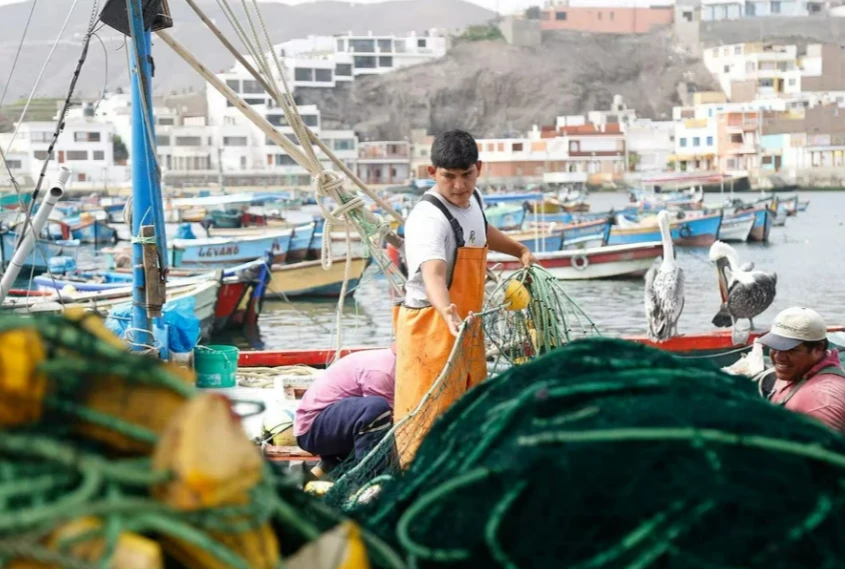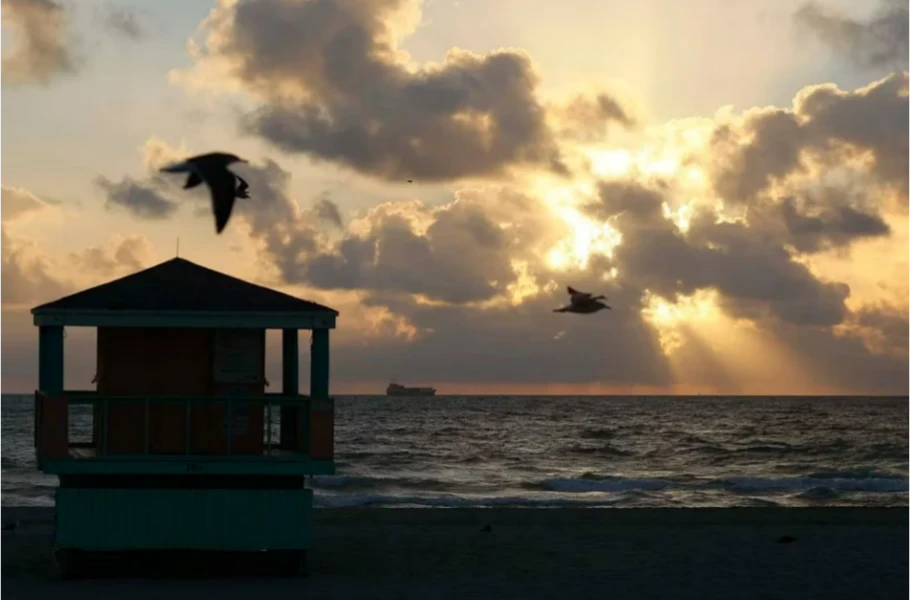Human activities are destroying the seas. To reverse degradation, the international organization set out 4 pillars with which countries must commit
According to UN data, the oceans produce around 50% of the planet’s oxygen and are home to the earth’s biodiversity. It is the main source of protein for more than a billion people in the world and by 2030, around 40 million people will earn a living working in maritime industries. The oceans also absorb nearly 30% of the carbon dioxide produced by humans, helping to mitigate global warming.
However, over the years, they had to witness the depletion of 90% of large fish populations and the destruction of 50% of coral reefs due to reckless human activities. Human activities, such as garbage and sewage disposal, and oil leaks, cause destruction.
The ocean is the origin and engine of all life on this planet, and it is under threat. Ocean pollution is widespread, worsening, and represents a clear and present danger to human health and well-being.
Ocean pollution is a complex mix of toxic metals, plastics, manufactured chemicals, oil, urban and industrial waste, pesticides, fertilizers, pharmaceutical chemicals, agricultural runoff, and sewage.
More than 80% comes from land-based sources and reaches the oceans through rivers, runoff, deposition from the atmosphere (where airborne pollutants are washed into the ocean by rain and snow), and direct dumping. such as contamination from sewage treatment plants and discarded waste.
Last June, within the framework of the United Nations Conference on the Oceans, held in Lisbon, António Guterres, head of the UN, urged the international community to commit and unite with the objective of protecting and preserving the seas. “There is much more to do together,” he said. “We have taken the ocean for granted and now we are faced with an ocean emergency,” he said during that presentation.
“Our failure to protect the oceans will have a domino effect on the entire 2030 Agenda,” Guterres said, warning: “Much more needs to be done together.” For this reason, he made 4 recommendations that remain fully valid after a few months “to guarantee that the trend of degradation of the oceans is reversed.” The Secretary General “underlined the urgent need to invest sustainably in economies that depend on the sea”.
The 4 recommendations of the UN

More than 8 million tons of plastic flood the ocean, _a mass of plastic in the Pacific is larger than France,_ warned the UN
1- Invest in sustainable ocean economies
States must invest in sustainable ocean economies for food, renewable energy and livelihoods, which should be done through ‘long-term financing’.
In addition, among “the 17 Sustainable Development Goals (SDGs), number 14 has received the least support of all.” “Sustainably managing the oceans could help the ocean produce up to six times more food and generate 40 times more renewable energy than it does today,” Guterres said.
2 – Replicate the success of the oceans
“The ocean must become a model for how we can manage the global commons for the good of all; and this means preventing and reducing marine pollution of all kinds, both from terrestrial and marine sources”, affirmed the head of the UN and pointed out that, to achieve this, it is necessary to “increase effective conservation measures by areas and the integrated management of the coastal areas”.
3 – Protect people
Guterres also urged “greater protection of the oceans and the people whose lives and livelihoods depend on them, addressing climate change and investing in climate-resilient coastal infrastructure,” they said in the statement. “The shipping sector should commit to net zero emissions by 2050, and come up with credible plans to meet these commitments. We should also invest more in the restoration and conservation of coastal ecosystems, such as mangroves, wetlands, and coral reefs,” the official said.
He even invited Member States to be “part of the recently launched initiative to achieve the goal of full coverage of the early warning system in the next five years, as this would help reach coastal communities and those whose means of livelihoods depend on early warning protection measures at sea.
4 – More science and innovation
Finally, Guterres stressed the “need for more science and innovation” that will allow us to achieve a “new chapter of global action on the oceans.” “I invite everyone to join the goal of mapping 80% of the seabed by 2030. I encourage the private sector to join associations that support research and sustainable management of the oceans. And I urge governments to be more ambitious towards restoring the health of the oceans”, he stated.

